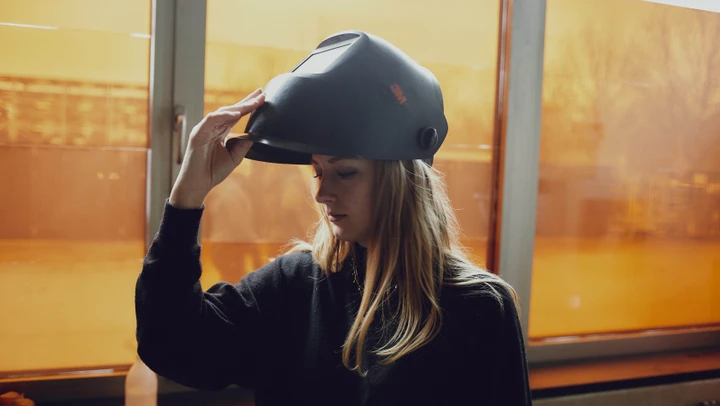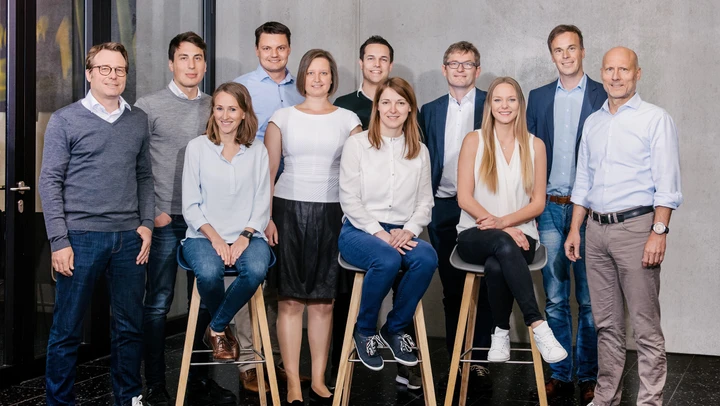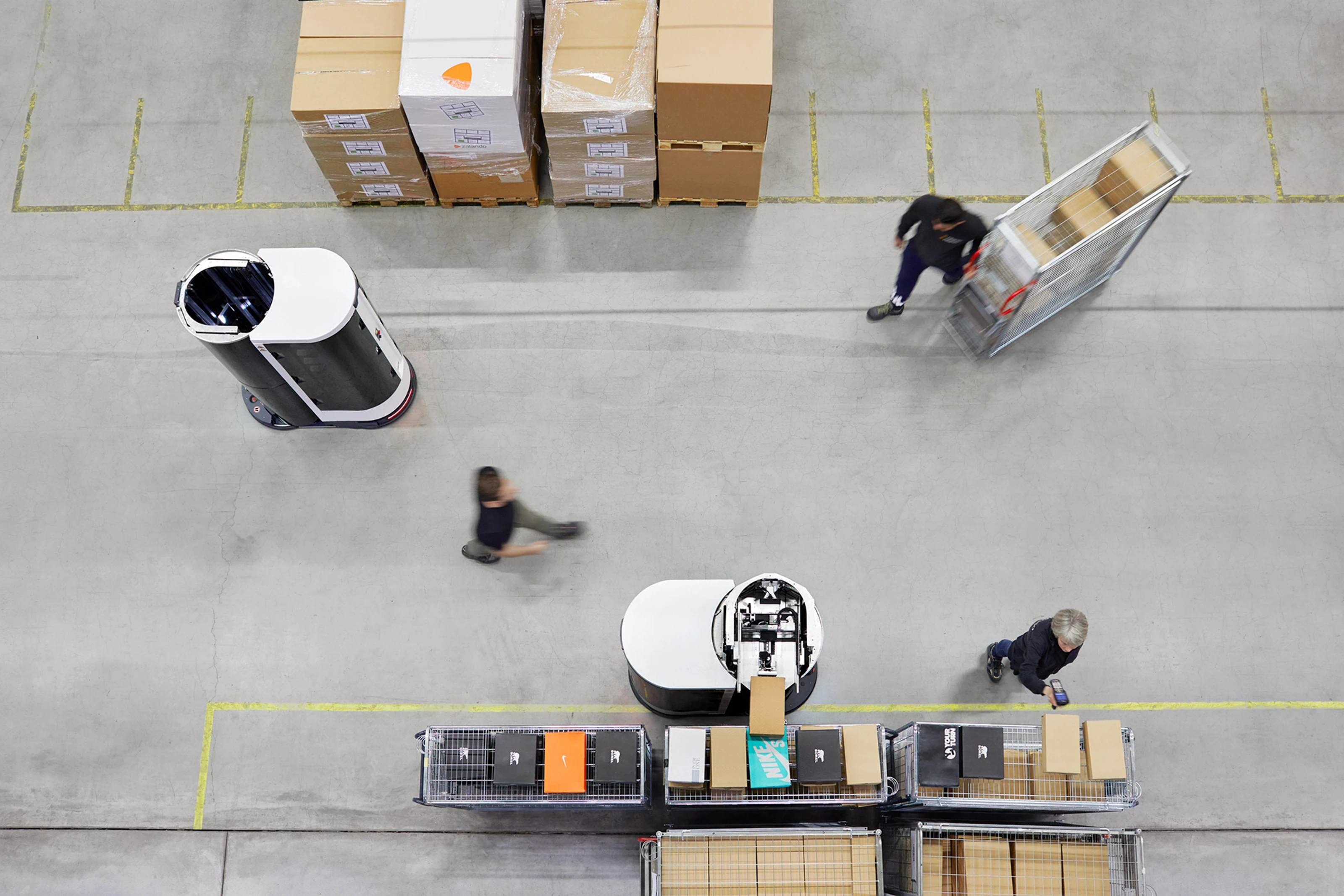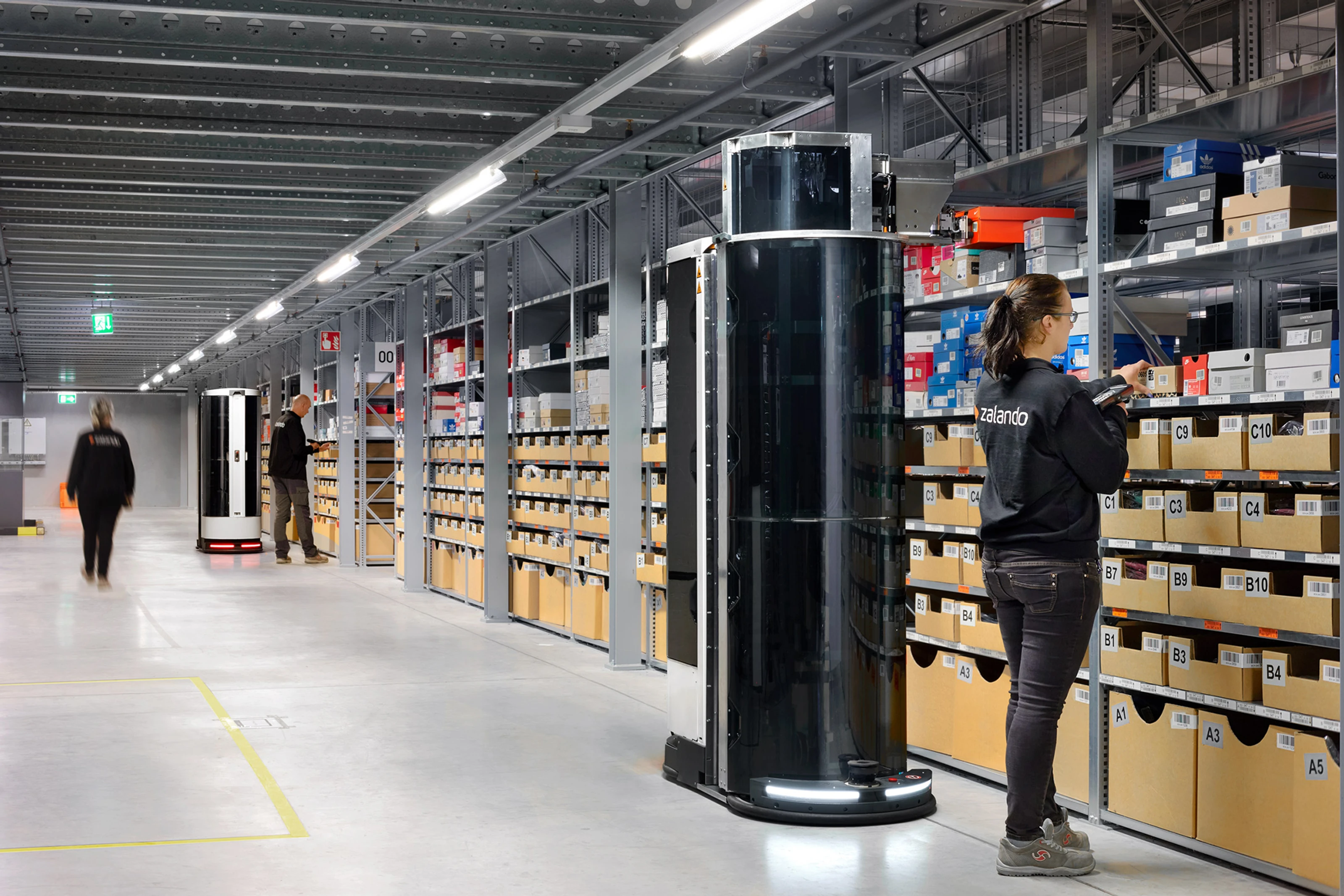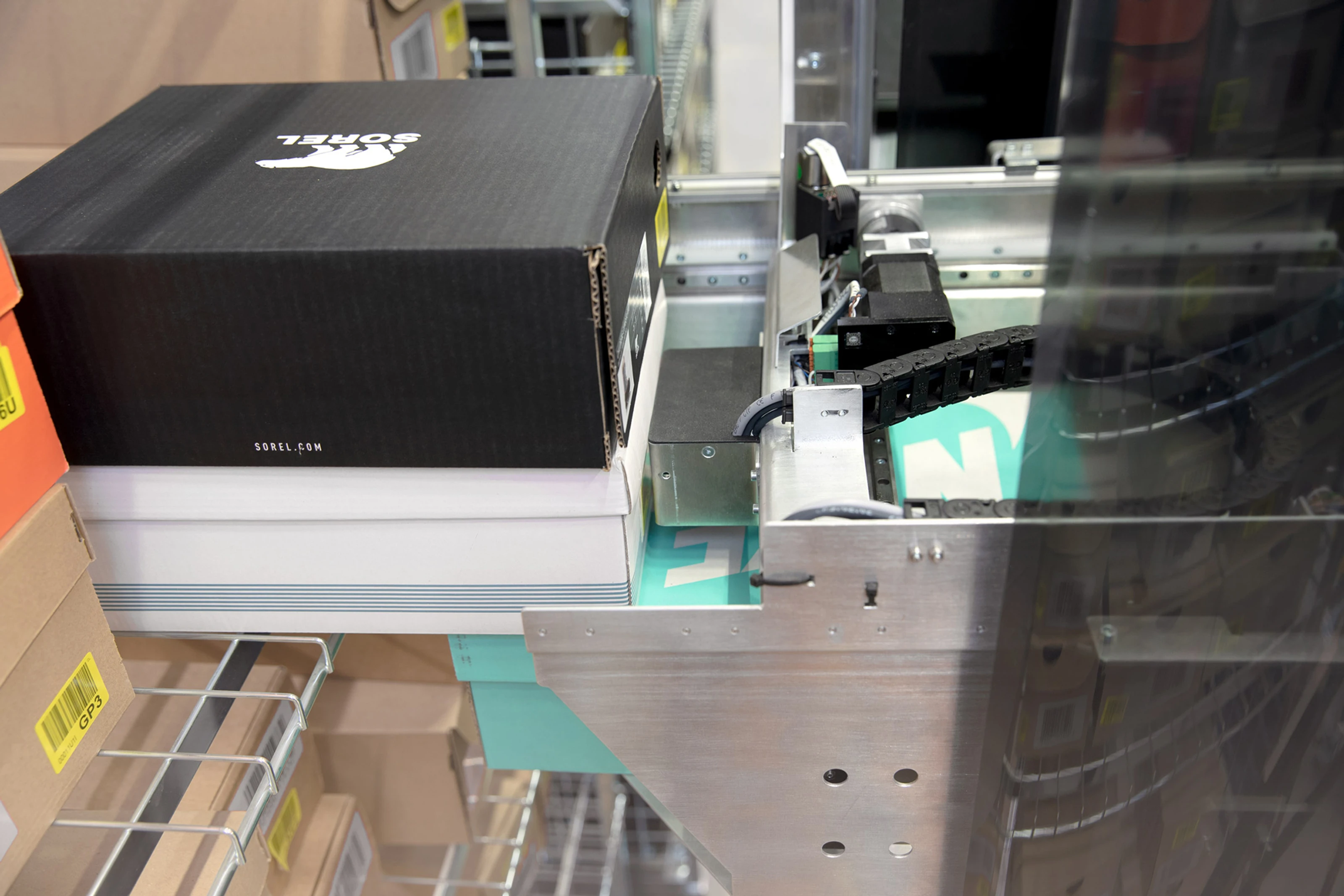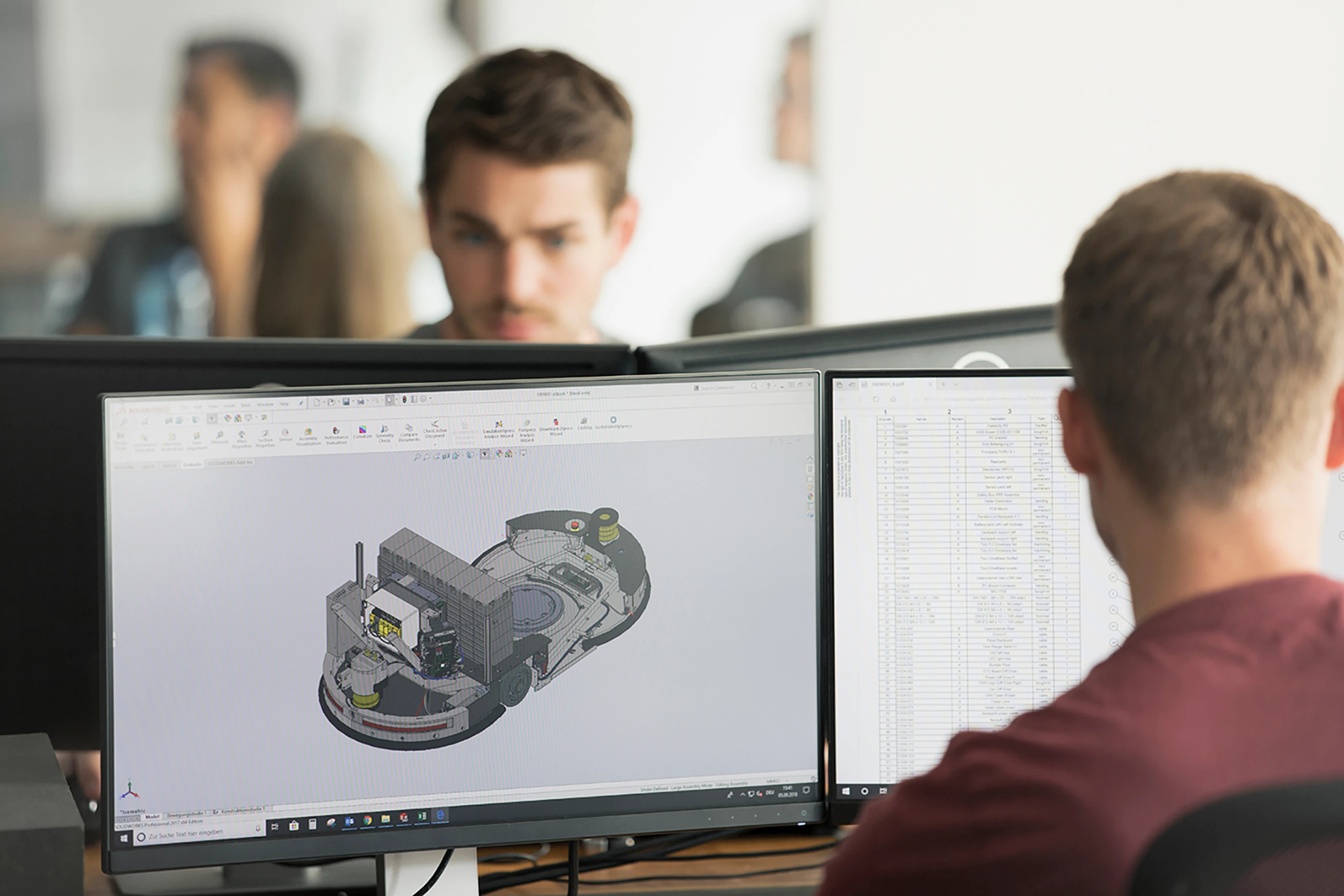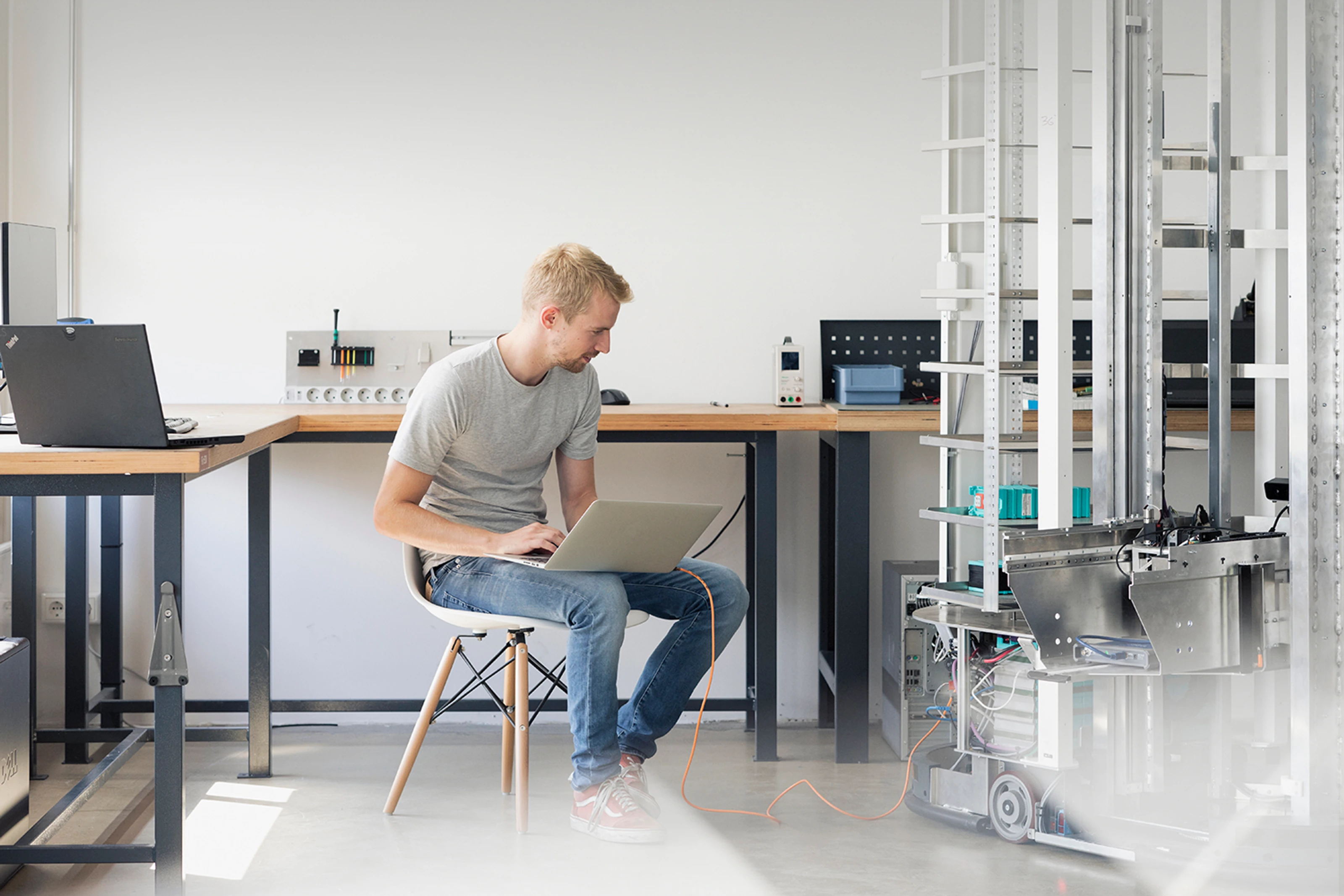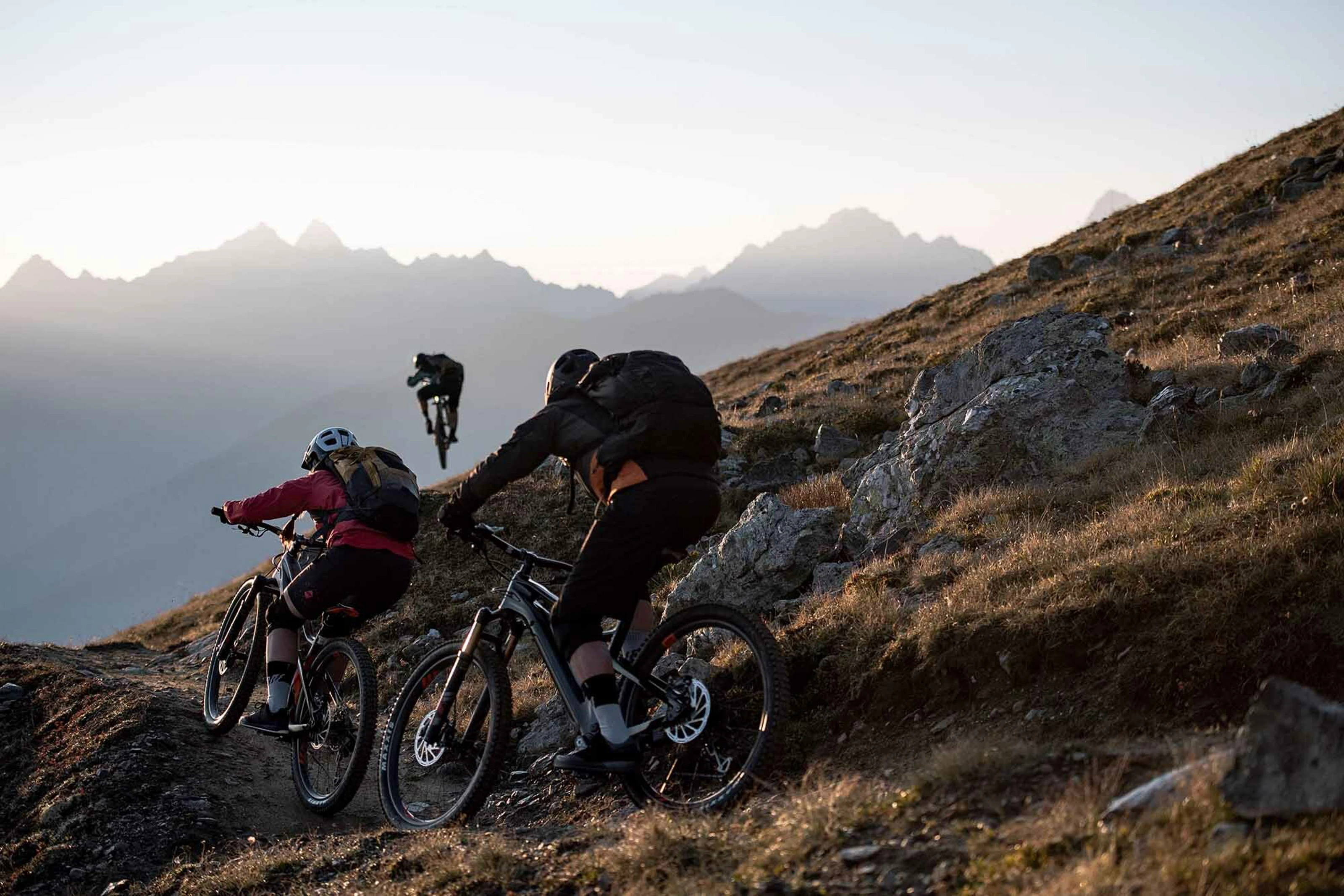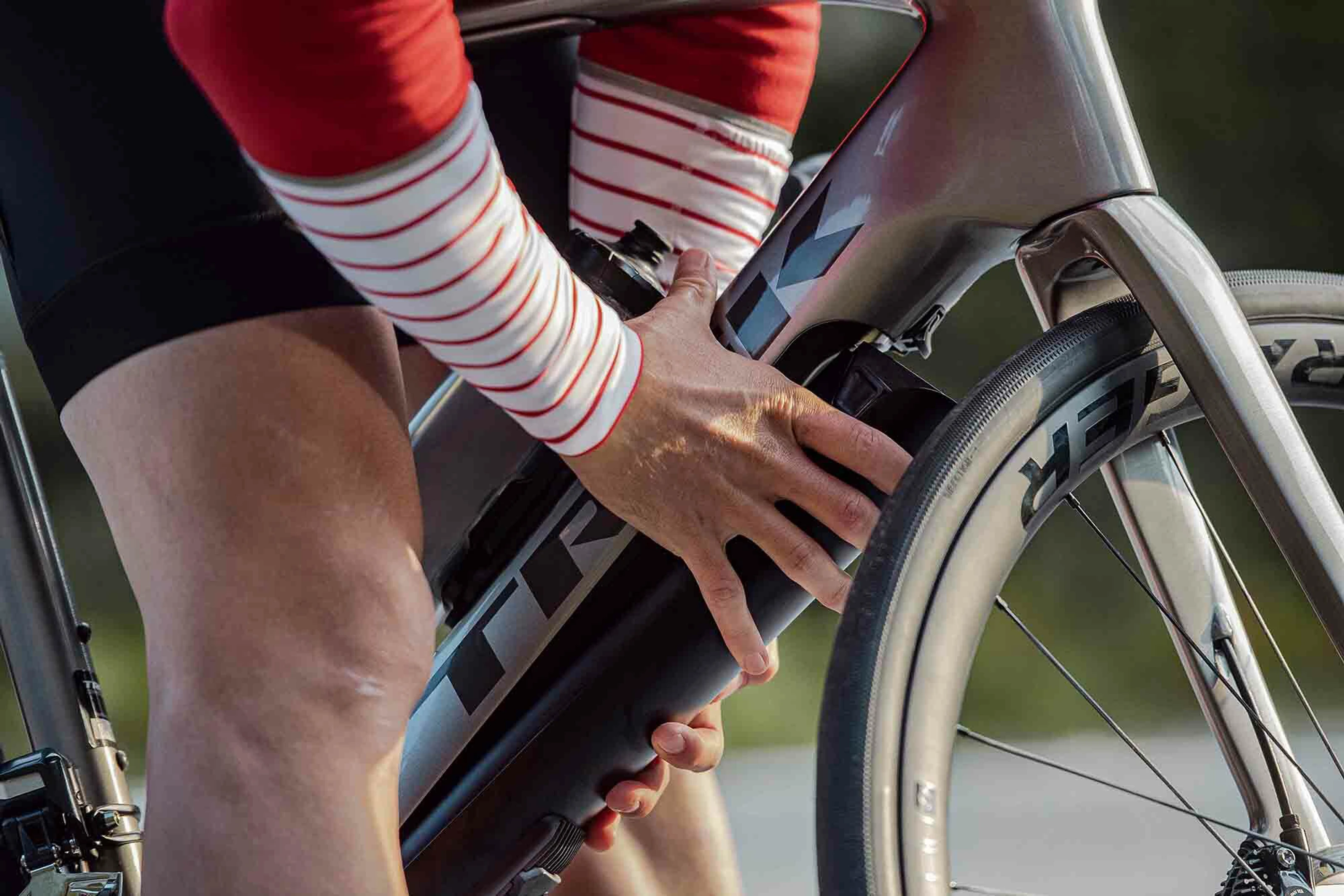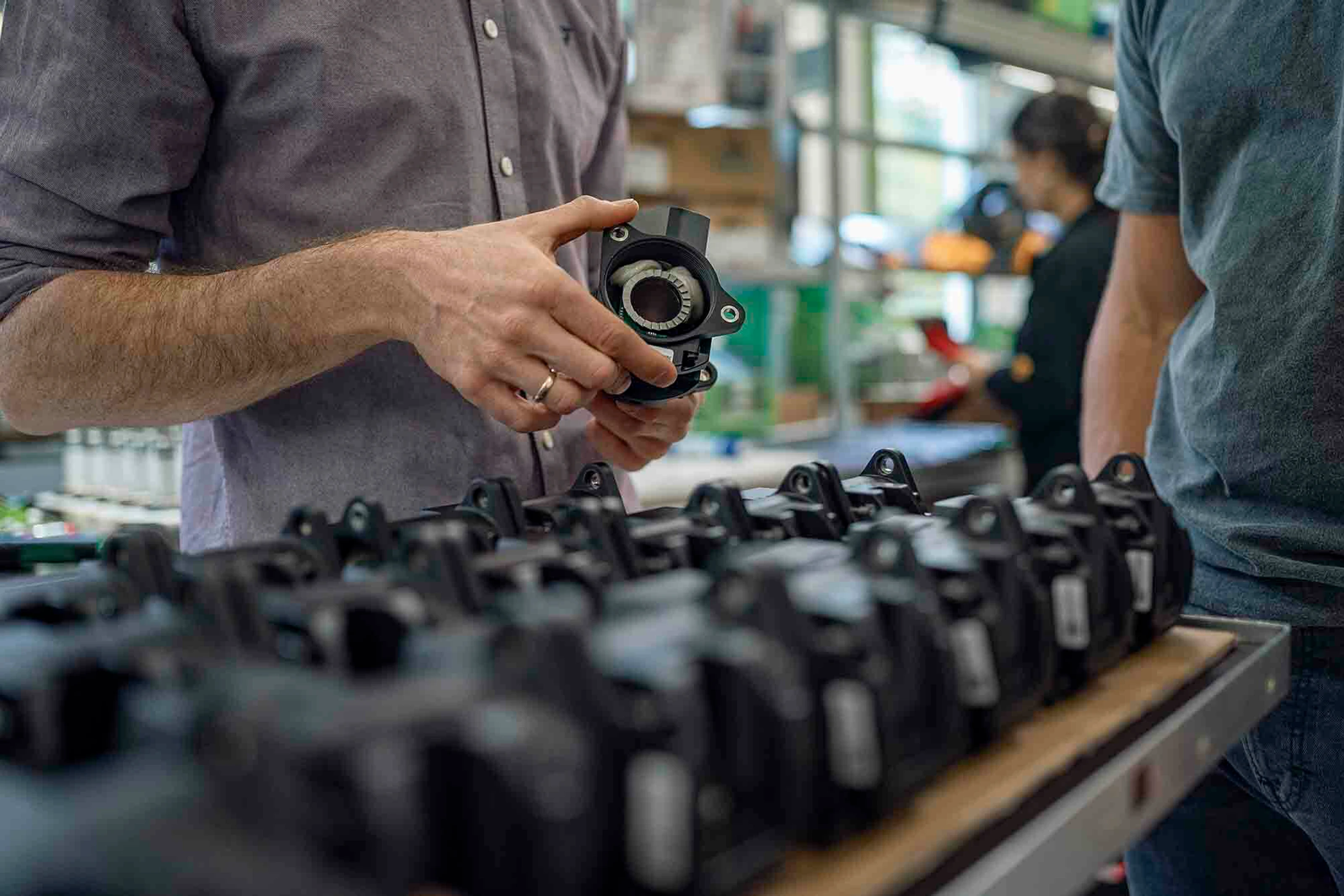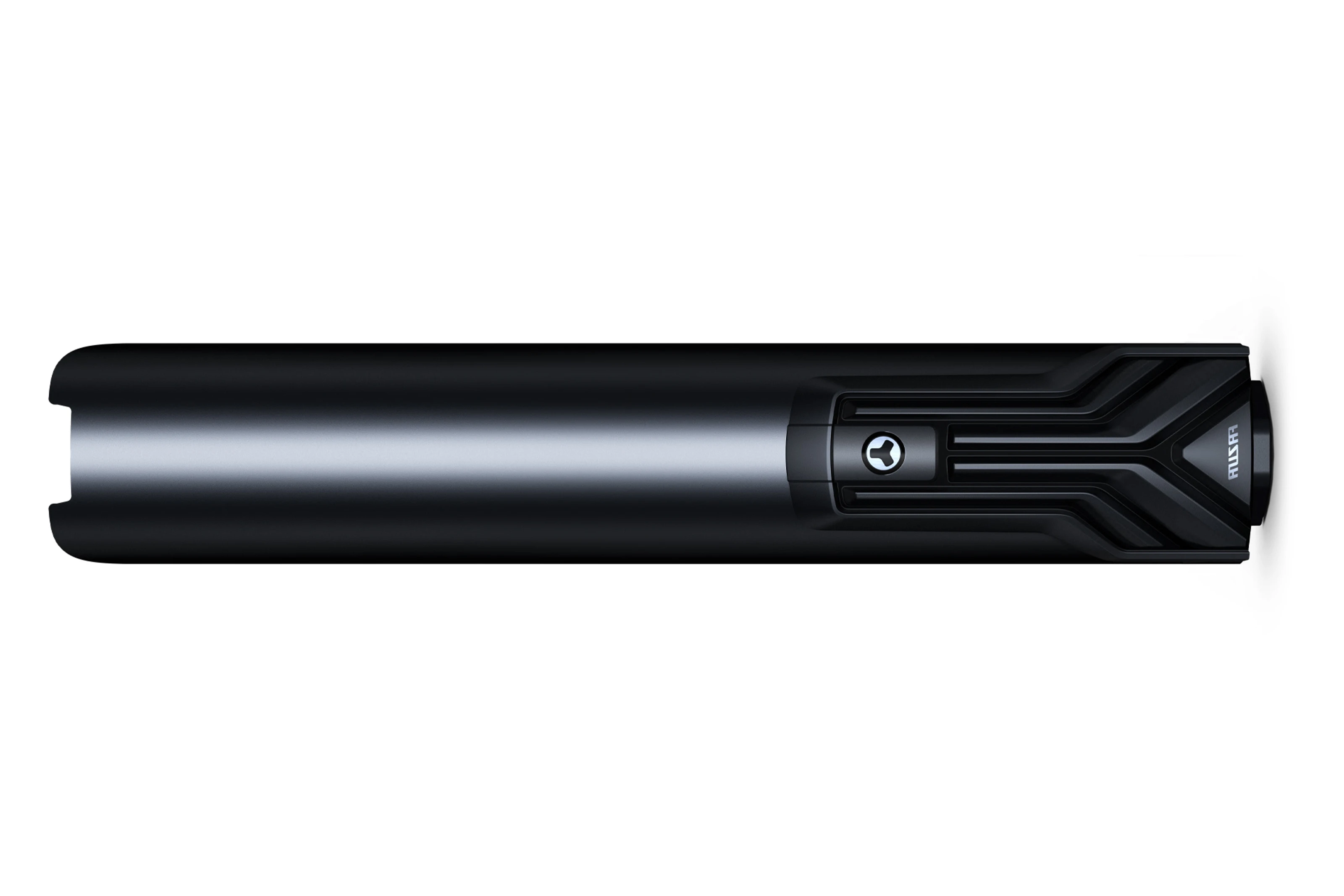 © Oliver Jung
© Oliver JungIn 2020, about 580 protoyping projects came into being at UnternehmerTUM. These ranged from ventures that eventually turned into start-ups to advanced products with which companies set themselves up for the future. Cheers to that!
In formats like XPLORE, Digital Product School, and the Executive MBA with its impact projects, you’re able to develop solutions and find a place for validating them early on, building prototypes, and testing them. So have the start-ups we’re presenting here. Constructing models and samples is an essential step on your way to founding or developing a business further.
In this article, we focus on hardware prototyping—that is, building physical products—and not software. We want to find out: How does successful prototyping go about? Why is speed important? We’ve taken a closer look at two teams who have made it—real blueprints, so to speak!
Start-up 1: Magazino
- Sector: Robotics for logistics and manufacturing
- Founding year: 2014
- Founders: Frederik Brantner, Lukas Zanger, Nikolas Engelhard
The team started in our high-tech workshop MakerSpace—or its preceding rooms before it actually launched. The founders used the space to build the first prototypes for their robot and refine the product design. "That was an important point at the time; after all, it was about exhibiting the robot at trade shows for the first time and convincing initial clients and investors," the team recalls. In 2015, they raised their first major funding and their mobile picking robot was deployed in shoe warehouses a year later. Nonetheless, they say today, "We placed a lot of emphasis on good product design very early on. As important as that was, we would have done well to take care of good product management much earlier—that would have saved us a lot of time."
With technically highly complex hardware products, fast failure and trying again is enormously important.
Magazino
Above all, they want to pass on one thing to other founders: "Test, test, test! You can only really get further if the product is exposed to the complexity of reality." Their own prototyping in the first few years was characterized by an enormous pace and numerous iterations: "With technically highly complex hardware products, fast failure and trying again is enormously important. Good relationships with suppliers are the name of the game here—after all, we didn't take development steps in years or months, but in weeks or even days."
In the pandemic year of 2020, when many people had to turn necessity into a virtue, they set another milestone: all robot fleets were operated exclusively with remote service, without an on-site engineering team. This year, they launched their pilot project with the SOTO robot in the manufacturing industry. We congratulate them and are excited to see what happens next!
Start-up 2: FAZUA
- Sector: Electric drives for e-bikes
- Founding year: 2014
- Founders: Fabian Reuter, Johannes Biechele, Philipp Schuster, Sebastian Boß, Marcus Schlüter
FAZUA manufactures e-bikes engines. The founding team met while studying in Munich and their passion for biking led to an ambition to produce the best drive for e-bikes—light and beautiful. UVC Partners invested in the company very early on and continues to support the founders with funding, know-how, and access to the UnternehmerTUM network. In the meantime, FAZUA not only works with renowned manufacturing companies such as Trek, Canyon, and Lapierre but also sees sustainability as one of its highest corporate goals.
Fabian, Johannes, Philipp, and Sebastian started prototyping at the University of Applied Sciences in Munich. Right from the start, they tested their motors on real bikes. The team constructed the bike frames themselves—sometimes with simple tools, sometimes as professional prototypes. The founders work with rapid prototyping (using their own 3D printers), the additive laser-sintering process, silicone casting, and rapid tooling.
Visualizing and embodying models quickly is central for them. In the case of their e-bike motor, it took countless prototypes and four industrialization sample stands until a finished product emerged. Despite precise calculations by the engineering team, something can go differently when trying it out in practice. "Nothing can replace testing on the object. Holding something in your hands brings much more insight than just hypothetically turning loops," says Johannes Biechele. Is that the case with clients and investors, too? "Absolutely. A prototype on display speaks a stronger language than theory and is more powerful than a thousand pictures."
Prototyping is an emblem for just starting and making!
Johannes Biechele, FAZUA
For them, the bicycle is an integral part of tomorrow's world: "In visualizations of the future, bicycles typically play no role. Why though? It's a body-conscious means of transport. We want to deploy it for the future so that it integrates meaningfully into people's lives and brings them back to their own mobility." Sustainability is also a north star in this regard. FAZUA's goal is to shape the mobility era based on the bycicle, avoid waste, and adapt circularity. UVC Partners' investment has been a catalyst for them. We wish them a smooth ride on their journey!
With our new series "Making U Count", we use stories, interviews, and photo spreads to show the added value that UnternehmerTUM has created over the past 20 years, which experiences have been most formative, and how they have sharpened our vision.
